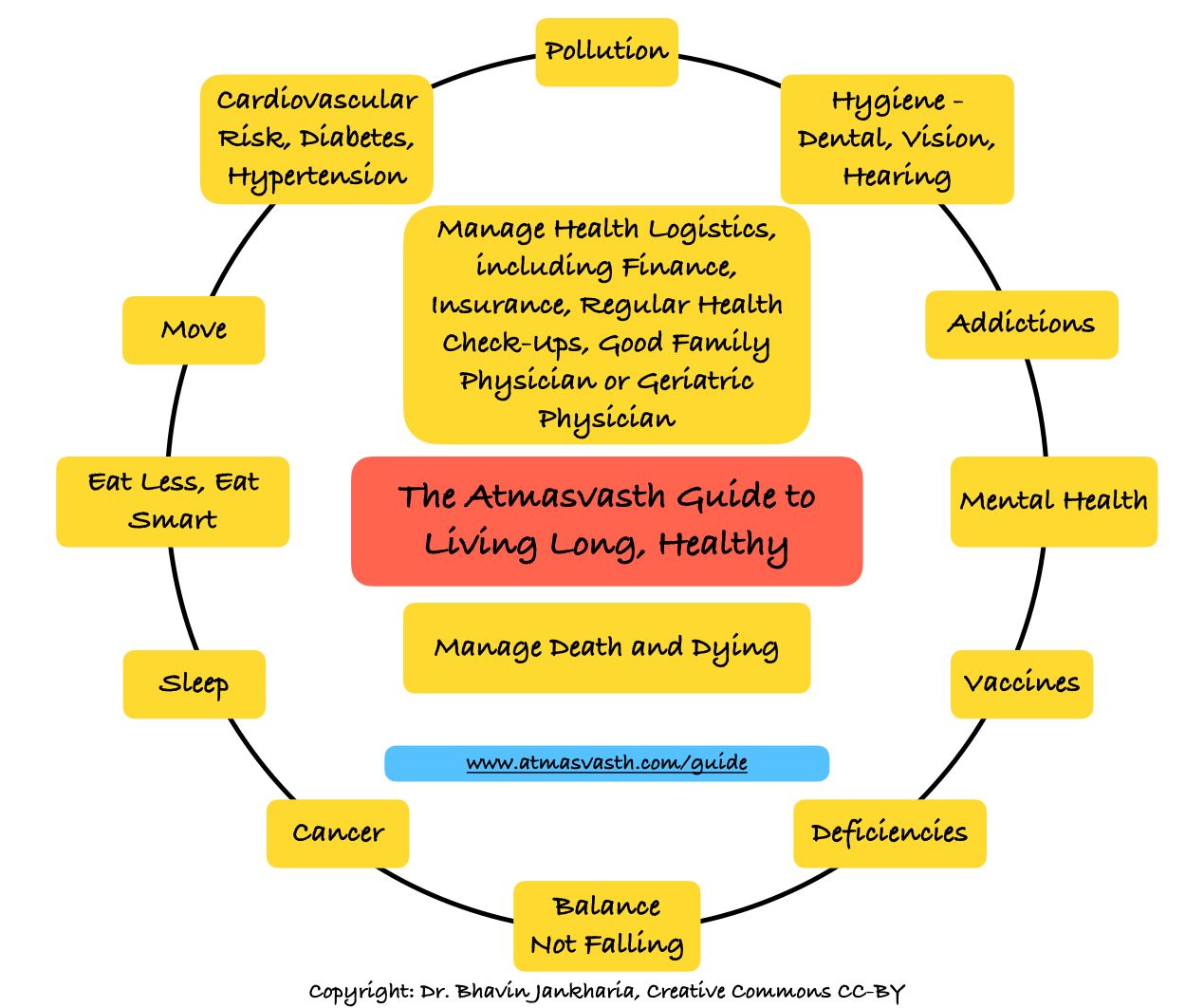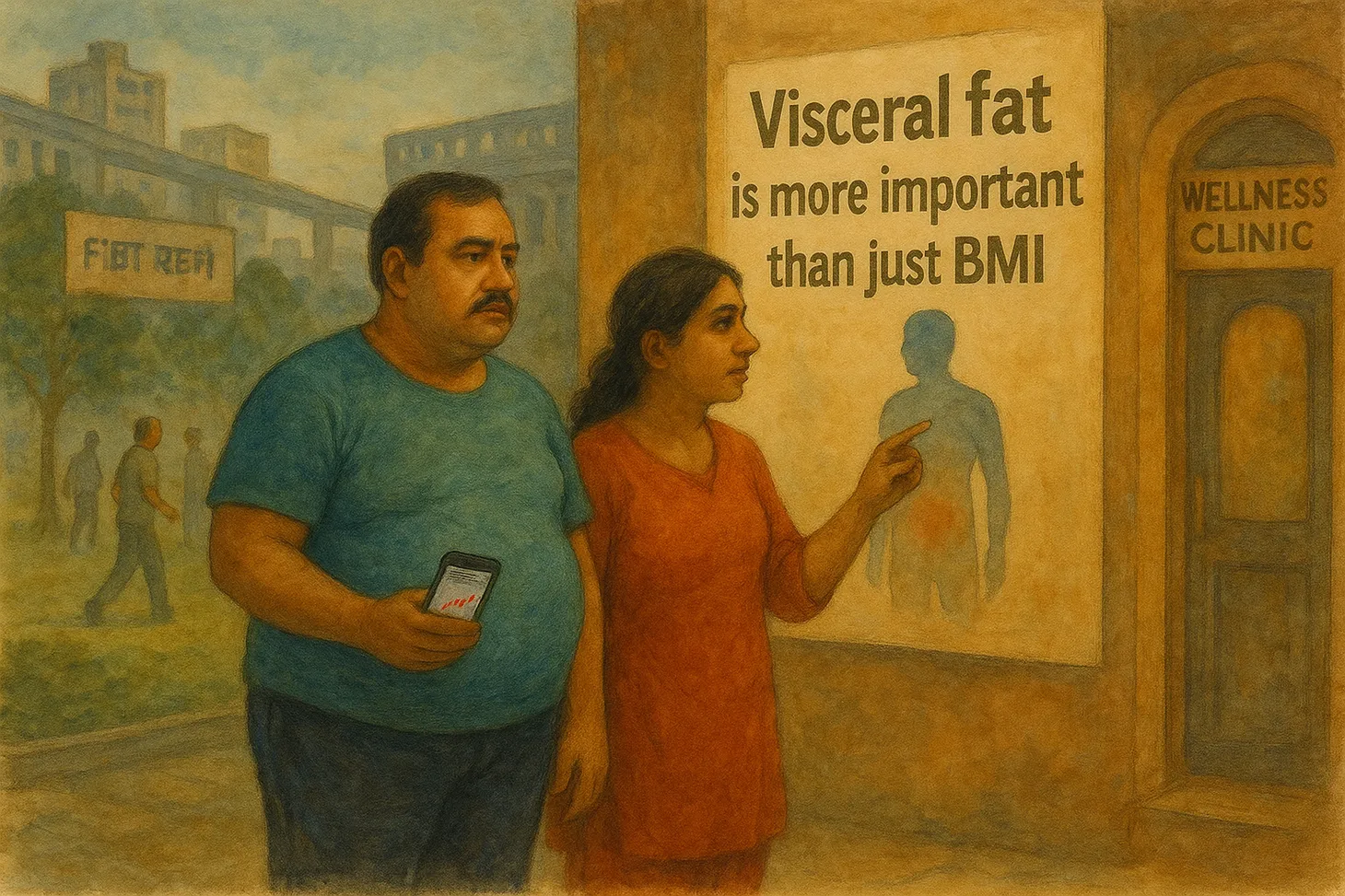Delinking Fitness and Health from BMI, Weight and Obesity Labels
BMI is a flawed method for measuring obesity, but the obesity label itself is problem since fit but so-called overweight people live longer, healthier lives than unfit but so-called normal weight people


Audio
Text
Last month, the American Medical Association (AMA) during their annual meeting made an announcement regarding the body mass index or BMI calculation, used to define obesity in people. The AMA said in so many words that the BMI is a flawed method that may work epidemiologically in populations, but is a poor way to define obesity in an individual and should not be used in clinical practice. They also mentioned other methods that may be more accurate, including body composition analysis of visceral fat, adiposity index, etc.
There are two issues here.
The first is the definition of obesity, based on BMI, which has been flawed to begin with and leads to people being given improper labels that create their own problems in the future for the person concerned, their family and society in general.
I mentioned this last year in Dec 2022 when I wrote how it is better to be fit and so-called overweight than so-called normal weight and unfit.
As Ivan Illich said in his book, “Medical Nemesis“, the moment we create definitions and cut-offs, we start categorizing people into normal and abnormal and create artificial situations that slot people into different categories and allow society, institutions and governments to exert undue control over our lives. If you are overweight (say a BMI of 28), you are considered to be unhealthy (even if you are not) and everyone, from your doctors to your friends to the health insurance company, will keep pushing you to lose weight, and even believe they have the right to comment on your appearance, without your permission, even if you are otherwise healthy and fit. This again comes to do the mistaken belief that a BMI < 25 equals good health.
This is what the weight loss industry thrives on. While morbid obesity clearly needs management with bariatric surgery and weight loss medications, those who are so-called overweight (BMI of 25-29) and s-called obese (BMI of 30-35) and even those who have an ideal BMI are constantly pressurized into special diets or programs that promote weight loss as the ideal way to increase healthspan and lifespan.
Each time you meet someone or go to a doctor, if your BMI is high or you have a rotund look or a protruding belly, you are told to lose weight, as if it is the easiest thing in the world to do and more importantly, as if it is your fault.
Losing weight is a negative-sum game and frankly not worth the effort at all. What you want is to be healthy, not looking svelte and thin or ripped, “looks” in any case being no guarantee of good health.
The second issue is the need to delink weight from good health and being fit. I come back to my piece from Dec 2022. Virtually every study in the last 10 years has shown us that being fit is far better for your healthspan and lifespan than being so-called normal weight. I repeat…a fit person will live healthier and longer than an unfit person, irrespective of weight, which means that a fit and so-called overweight person will be healthier than an unfit but so-called normal weight person.
So how does one get to be fit. Any physical activity is better than none. Thirty to forty-five minutes of walking daily is the initial sweet spot to aim for. Once attained, it is a good idea to aim for an increase in cardiorespiratory fitness (CRF) with brisker or longer walking, running or cycling if possible, and strength training, especially lifting weights. The higher the CRF, the better it always is, as I explained in detail in Sept 2022 when I wrote how while it is good to be physically active, the fitter you are, the better it is.
Frankly, what does this all mean for you and I? If you think you are obese or are called obese by those around you, stop fretting and stop bothering about losing weight. Sensible eating (avoiding ultra-processed foods and eating predominantly plant-based meals within reasonable limits) along with increased physical activity will go a long way in helping you live long, healthy.
What you have to do is delink the concept of being healthy and fit from “looks” and “appearances” and improper “definitions” of obesity… it is not easy, but once you do this, you will be at peace with yourself. And if anyone tells you otherwise, tell them to go “@%^$” themselves, including medical professionals, who should now know better.
Atmasvasth Newsletter
Join the newsletter to receive the latest updates in your inbox.



